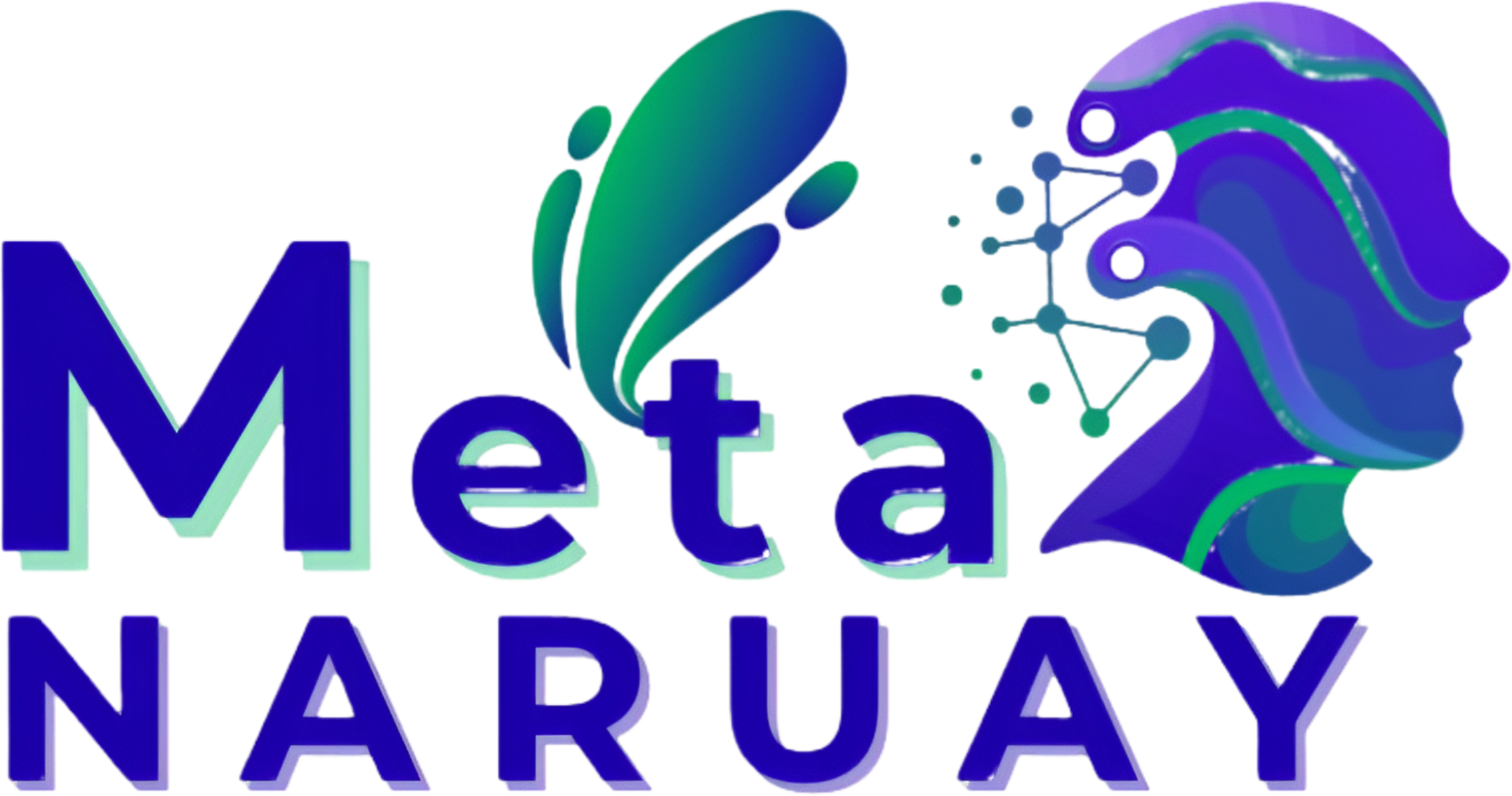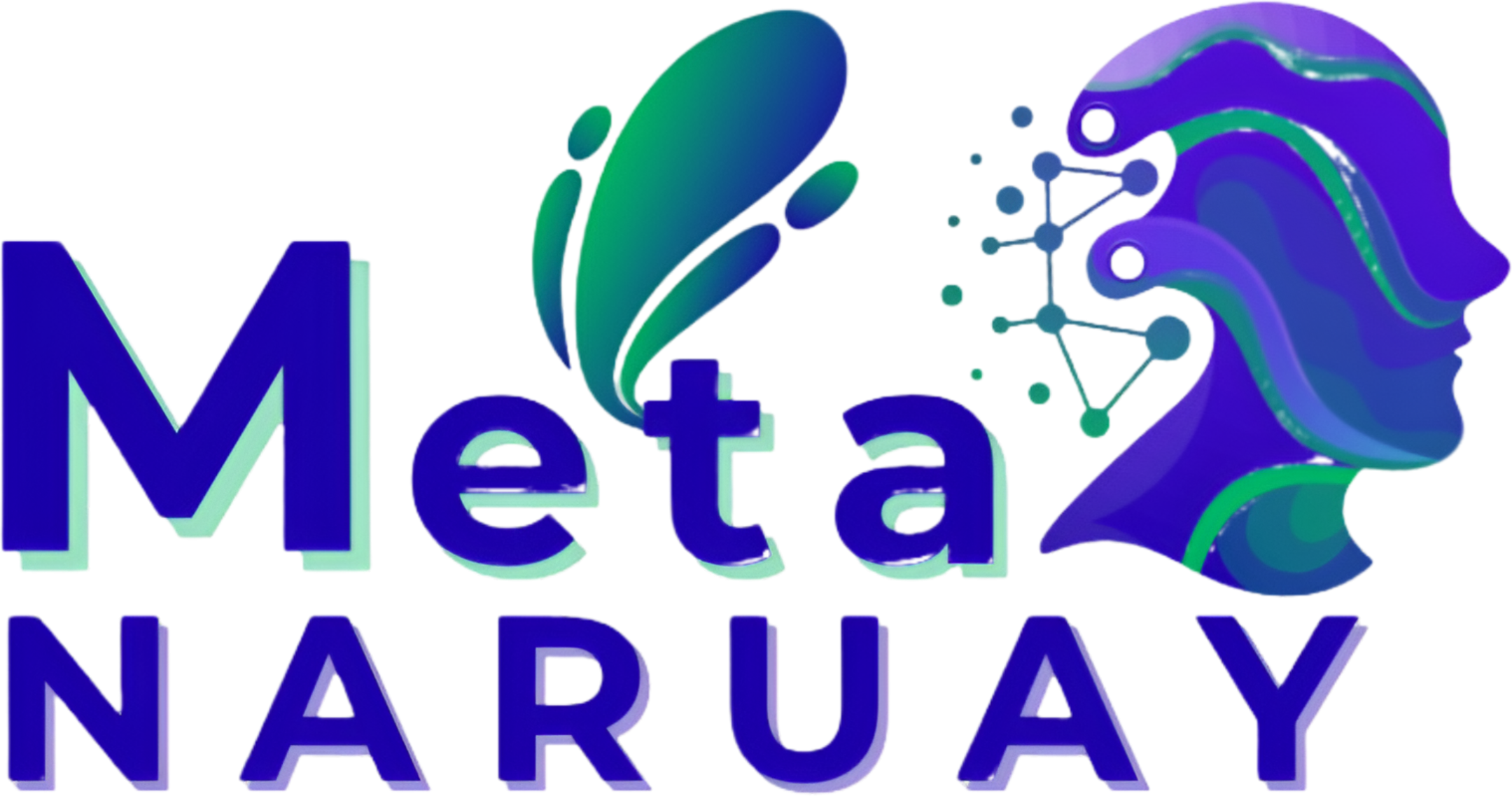Technological advancements in drug formulation and delivery mechanisms are playing a pivotal role in maintaining the growth momentum of the Doxorubicin Market, which is projected to expand at a 4.81% Compound Annual Growth Rate (CAGR). The conventional formulation of Doxorubicin, while highly effective, is constrained by the risk of severe side effects, most notably cumulative cardiotoxicity. In response, manufacturers have developed innovative delivery systems, primarily Liposomal Doxorubicin. Liposome encapsulation technology protects the heart tissue by altering the drug's biodistribution, preferentially accumulating it at tumor sites and reducing systemic exposure to healthy organs. This innovation has been a game-changer, allowing for continued use of the drug in patients who might otherwise be precluded due to cardiac concerns.
These advancements are a key market driver, enabling Doxorubicin to remain relevant and widely used even as new, less toxic chemotherapies emerge. The superior therapeutic index offered by these new formulations ensures improved patient outcomes, directly supporting higher adoption rates in oncology protocols for applications like Breast Cancer and Ovarian Cancer. Furthermore, research and development are ongoing to explore other targeted delivery methods and nanotechnology applications, which aim to further optimize the drug's pharmacokinetics and tissue-specific targeting. This continuous cycle of innovation—solving the toxicity challenge while preserving efficacy—is vital for the market's sustained expansion. The successful implementation of these targeted delivery systems ensures that the doxorubicin market can leverage its historical clinical effectiveness while meeting modern standards for patient safety and personalized medicine globally.
The Formulation segment, encompassing Injection, Lyophilized Powder, and Tablet forms, is heavily influenced by these advancements. While standard Injection remains the dominant method, specialized liposomal injections command a premium and drive significant revenue due to their clinical advantages. Manufacturers like Bristol-Myers Squibb and Teva Pharmaceuticals are constantly competing in this space, developing new generics and biosimilar versions of the liposomal formulations to capture market share. This innovation is most impactful in major application segments like Lung Cancer and Leukemia, where minimizing systemic toxicity is critical for patients undergoing aggressive treatment protocols.
Projected to reach a valuation of $3.5 Billion by 2032, the future of the Doxorubicin Market relies heavily on the success of these technological shifts. The focus will continue to be on enhancing the drug’s tolerability and efficacy through combination therapies that integrate these advanced formulations with immunotherapies and other targeted drugs. By mitigating its side effects through smart delivery, Doxorubicin ensures its legacy is secured, transforming from a conventional chemotherapy agent into a high-precision component within the next generation of cancer treatments worldwide.




